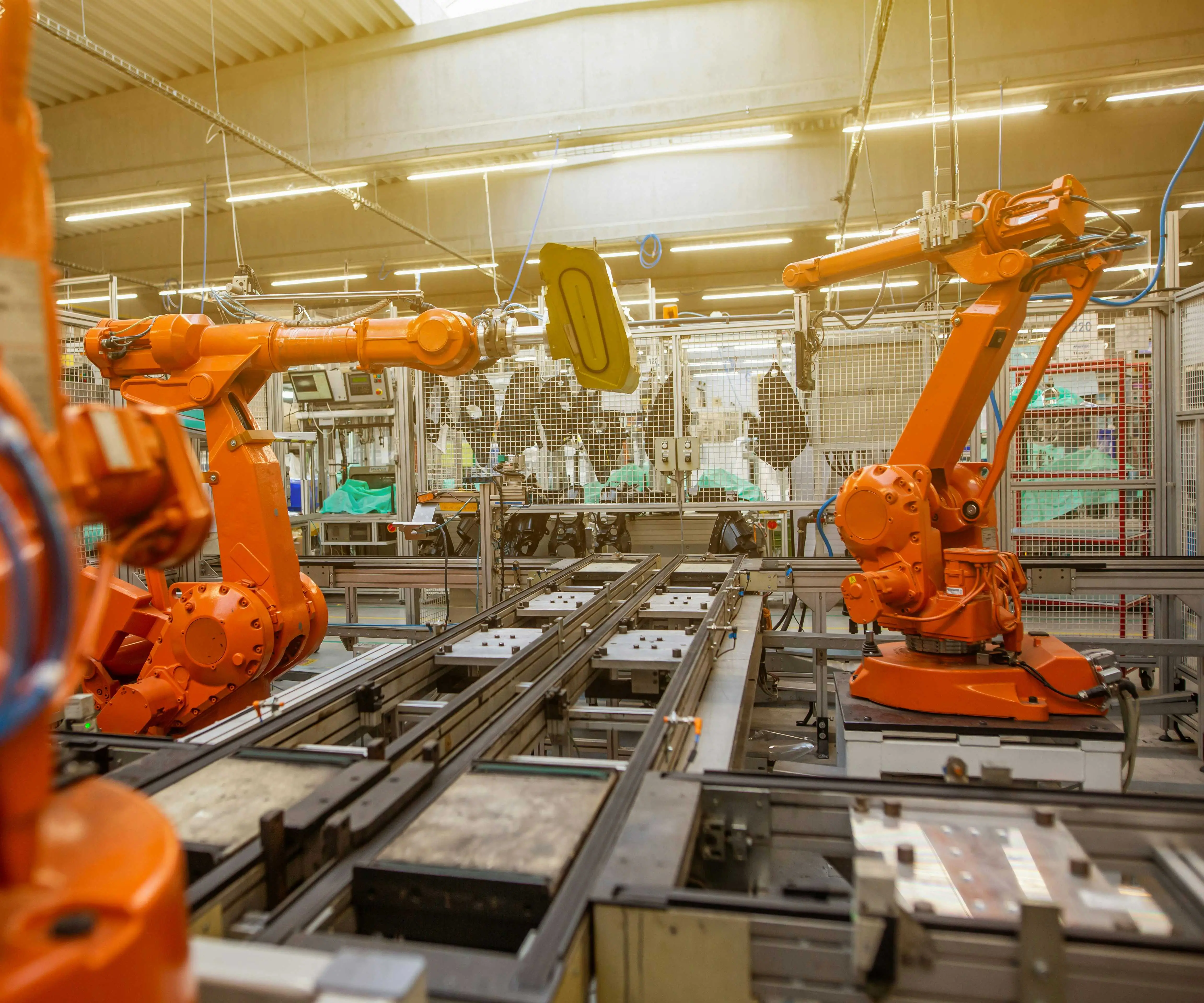Unleashing Precision and Power: The Revolutionary World of Servo Motor Control Systems
In a world driven by automation and technological innovation, servo motor control systems stand as a cornerstone of modern machinery. Whether it's robotics, manufacturing, aerospace, or even consumer electronics, these intricate control systems are the heartbeat of precise movement and reliable performance. But what exactly makes servo motor control systems so indispensable? Let’s dive into the fascinating synergy of mechanics, electronics, and control theory that fuels these systems.

The Essence of a Servo Motor At its core, a servo motor is a compact, high-performance actuator designed to provide controlled angular or linear position, velocity, and torque. Unlike simple motors that run continuously at full speed, servo motors are designed for accuracy and responsiveness. This is achieved through integration with feedback mechanisms and sophisticated control algorithms, transforming them into precise tools that can emulate human-like dexterity in machines.
Components that Make it Tick A typical servo motor control system comprises several key components:
Servo Motor: The powerhouse that executes the actual physical motion. Controller (Servo Drive): Acts as the brain, translating signals into actionable instructions. Feedback Device: Usually an encoder or resolver, it constantly reports the motor’s position, velocity, and torque back to the controller. Power Supply: Provides the necessary electrical energy for operation.
These components work in a harmonious dance, with the controller continuously adjusting the motor’s input based on real-time feedback, ensuring the system adheres to the desired motion profile.
The Role of Feedback in Precision Feedback mechanisms are what set servo systems apart from open-loop systems. Without feedback, the system cannot verify its position or velocity, making accurate control impossible. Encoders, for example, translate the rotational position of the motor shaft into electrical signals, which are then processed to determine if the motor is on track according to the set command.
This closed-loop setup allows for error correction. If the motor lags or overshoots, the control system detects the deviation and corrects it swiftly. As a result, servo systems can achieve remarkable accuracy—often within fractions of a degree—coupling high precision with rapid response times.
Control Algorithms: The Heartbeat of Precision Control algorithms are what make the magic happen. Proportional-Integral-Derivative (PID) controllers are among the most common, fine-tuning the motor’s response by constantly calculating the difference between desired and actual positions and adjusting torque accordingly. Advanced systems sometimes utilize adaptive or model predictive control to handle more complex dynamics or disturbances.
Applications in Industry and Beyond The versatility of servo motor control systems translates into diverse applications:
Robotics: Enabling robotic arms to perform delicate assembly tasks with millimeter or even micrometer accuracy. CNC Machinery: Achieving high-precision cuts in metalworking or woodworking. Aerospace: Controlling flaps, slats, or antenna positioning with pinpoint accuracy. Automotive: Power steering systems utilizing servo control for smooth handling. Animatronics and Camera Systems: Delivering fluid, lifelike movements in entertainment productions.
Advantages That Drive Innovation Servo motor control systems offer several compelling benefits:
High Accuracy and Repeatability: Ensuring consistent performance in demanding applications. Fast Response and Dynamic Handling: Supporting rapid accelerations and decelerations without overshoot. Energy Efficiency: Precise control reduces power wastage, leading to lower operational costs. Compact Design: Integration of control modules and feedback devices minimizes space. Remote and Automated Control: Enabling integration into larger automation frameworks for seamless operation.
The Evolution of Servo Control Technology Over the past few decades, servo control has evolved rapidly. The transition from basic analog circuits to sophisticated digital controllers has vastly improved performance. Modern servo drives employ digital signal processors (DSPs) and real-time computing to adapt dynamically to varying loads and environmental factors.
Moreover, the rise of Industry 4.0 has brought networked servo systems into the spotlight. With the ability to communicate over Ethernet and IoT protocols, these systems provide valuable real-time data for predictive maintenance and system optimization, significantly reducing downtime and enhancing productivity.
Challenges and Future Directions Despite their advancements, servo motor control systems face challenges—such as managing complex nonlinearities, handling high-frequency oscillations, or optimizing for multi-axis coordination. Researchers and engineers are continuously working on more robust algorithms, smarter feedback devices, and more integrated hardware solutions.
Looking ahead, innovations like artificial intelligence and machine learning promise to bring adaptive, self-optimizing servo systems that predict and adjust to changing conditions proactively. Furthermore, developments in brushless and direct-drive motors are pushing the boundaries of noise, efficiency, and longevity.
I'll send the second part momentarily, where I will delve into real-world case studies, emerging trends, and how to choose the right servo control system for various needs.
Kpower has delivered professional drive system solutions to over 500 enterprise clients globally with products covering various fields such as Smart Home Systems, Automatic Electronics, Robotics, Precision Agriculture, Drones, and Industrial Automation.




































